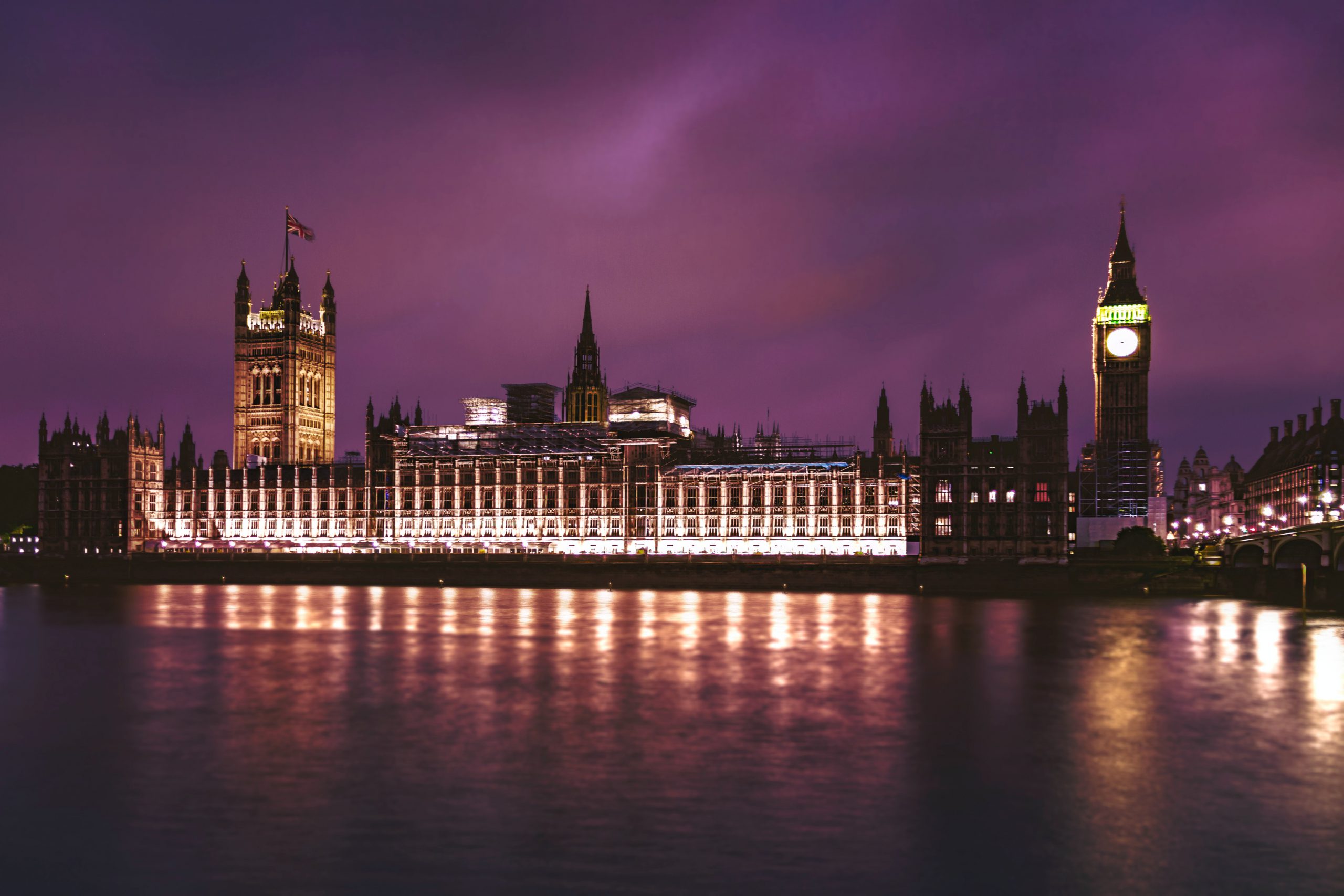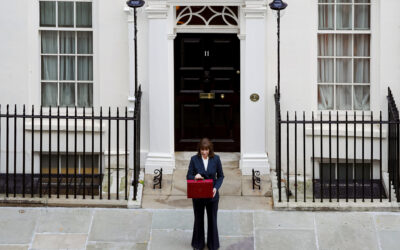On Monday 19 April MPs met to scrutinise the Finance (No. 2) Bill in a committee of the whole house. In the debate, TaxWatch’s research into “super-deductions” featured prominently, as MPs sought to amend the legislation to ensure some companies were excluded from the benefit of the super-deduction.
The new policy, at a cost of £12bn for this financial year, allows companies to deduct 130% of the cost of “main rate” assets from their taxable profits in the year that they purchase it. We calculated that many large companies with significant expenditures would be able to reduce and perhaps even extinguish their tax bills as a result of this policy. Logistics companies, energy, infrastructure, Amazon, would all likely gain significantly as a result of super expensing.
More details can be found in our report, “The Amazon Tax-Cut”, which was published in March following the announcement of the policy in the Budget.
Speaking in support of these amendments, James Murray MP, speaking on behalf of HM Opposition, raised the issue of the super-deduction benefiting companies who have seen business increase throughout the pandemic, saying:
“The super deduction that we are debating now is designed to help companies such as Amazon, which do not need any help with their investment. It is important that we see this in the context of those companies that have done well throughout the outbreak and are already avoiding much of the tax they should be paying. It is no wonder that TaxWatch has nicknamed this the “Amazon Tax Cut”. This giveaway from the Chancellor could wipe out Amazon’s UK tax bill entirely.”
Dame Margaret Hodge MP highlighted how small Amazon’s tax bill was, and the fact that the super-deduction could see it wiped out altogether, saying:
“In 2019, Amazon’s UK turnover was £13.7 billion, but by claiming that its UK sales took place in Luxembourg it exported its profits and avoided corporation tax. It declared only a bit of profit in the UK, as the shadow Minister said, on its warehousing and logistics activities. Its corporation tax contribution was less than 0.1% of its turnover. Analysis by TaxWatch shows that even that miserly contribution would be wiped out with super deductions. It would write off its investment in IT equipment and machinery against its deliberately understated profits.”
Rebecca Long-Bailey MP reiterated the fact that due to the amount Amazon spend on plant and equipment, they stand to see their tax bill wiped out entirely while the super-deduction remains, saying:
“I would have no problem if such businesses desperately required the relief in order to protect jobs or to invest in our local economies, but let us look at some of the potential beneficiaries. Amazon has benefited from the pandemic, seeing its sales jump by 50%. According to TaxWatch, the company’s latest accounts show that they spent £66.8 million on plant and machinery, £80.4 million on office equipment and £15.3 million on computer equipment in the same year, so the 130% super deduction could entirely account for the pre-tax profits of the company even before any deductions of staff pay awards.”
Responding to the debate on behalf of the government, Rt Hon Jesse Norman MP, the Financial Secretary to the Treasury said that the deduction had been deliberately broadly drawn to ensure that a range of companies could benefit from this “very generous policy” and that avoidance was best dealt with via other means. He said:
“the deduction has been very carefully assessed and includes important exclusions, including as to related party transactions and second-hand assets. It also includes a new anti-avoidance provision, which is designed to give it additional protections….
It is true that this is a country that takes the question of tax avoidance and tax manipulation extremely seriously. The right hon. Member for Barking (Dame Margaret Hodge), who has been a great campaigner in this area, focused on that. Of course I cannot discuss individual taxpayers. No one knows what an individual company’s taxpaying arrangements are. She purported to know—that is her privilege—but I am not in a position to discuss that. None the less, I can tell her that it would be very bad policy indeed for any Government to base tax policy on a single employer or taxpayer. If she thinks that this country has been soft in any respect on tax, let me remind her that we have led the international charge on base erosion and profit shifting, on diverted profits taxes, and on the corporate interest tax restriction. We have put into law a digital services tax and are consulting on an online service tax. That is not the action of a Government who take these things in any way other than very seriously.”
The debate is available on Parliament Live here, and on Hansard here.
Photo by Deniz Fuchidzhiev on Unsplash



